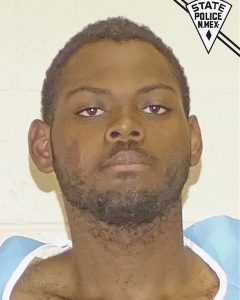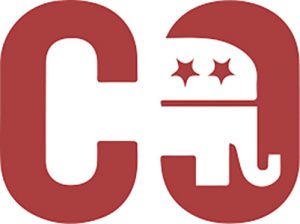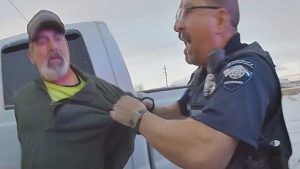by Susan Simons
The Public Utilities Commission (PUC) has cancelled a May 6 hearing at the request of Xcel Energy. The hearing would have brought together representatives of Tri-State and Xcel with representatives of Trinchera Ranch to discuss the impact of HB 1001 on the proposed transmission line to be built from Pueblo to Walsenburg to Alamosa. The line is proposed to improve the reliability of energy delivery in the San Luis Valley and to carry energy from proposed solar facilities in the Valley to other parts of Colorado. HB 1001, signed into law in March by the governor, requires that utilities get 30 percent of power from renewables by 2020.
Tri-State and Xcel are applying for a certificate of public convenience and necessity from the PUC, and Trinchera Ranch, owned by Louis Bacon, has filed with the PUC opposing the proposed route of the transmission line because it would cross 10-20 miles of land on the ranch dedicated to wildlife conservation.
According to Xcel Energy the uncertainty about the outcome of the transmission line proposal has forced them to reconsider their intent to buy substantial amounts of energy from prospective solar developers in the SLV. If Xcel cannot commit to buy the energy, the developers cannot get funding to proceed with development. And Xcel cannot commit if they are not certain they will be able to move the power out of the Valley.
Trinchera Ranch has filed testimony with the PUC suggesting alternatives to the proposed transmission line route, including building a 230-kilovolt line north over Poncha Pass close to the existing and only power line into the San Luis Valley. They have put together a team of researchers, engineers, and attorneys to identify alternatives which support “…the goal of securing energy reliability for the Valley and providing renewable energy export out of the Valley.”
Others in the SLV oppose the proposed transmission line and the industrial scale solar projects which accompany it. For example, the SLV Renewable Communities Alliance is an active citizens group arguing for local distributed solar energy projects in the Valley instead of industrial scale solar development projects. Their research suggests that distributed energy projects are the most cost-effective and ecologically sound way to transition to renewable energy and build energy capacity.
Some sources predict the PUC will schedule a hearing date this summer; others say the next hearing will be in November or December 2010.




